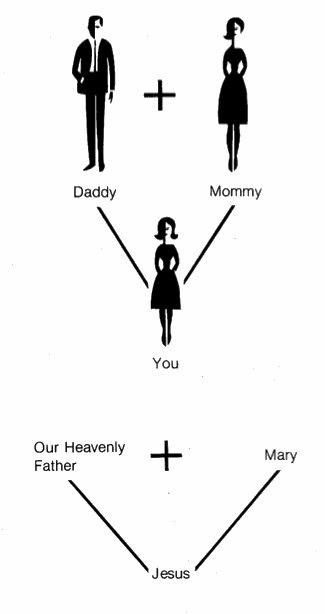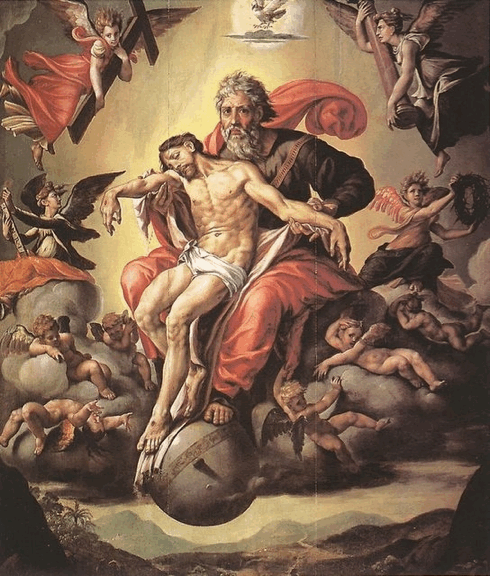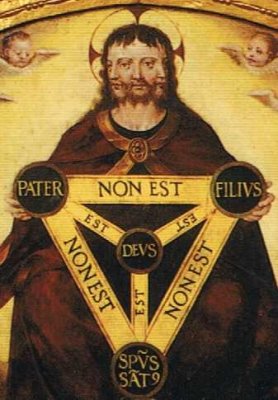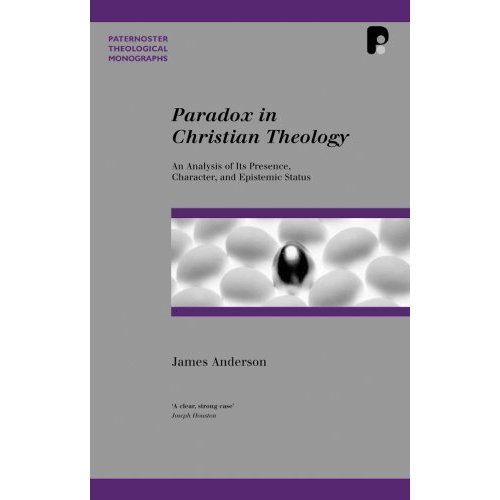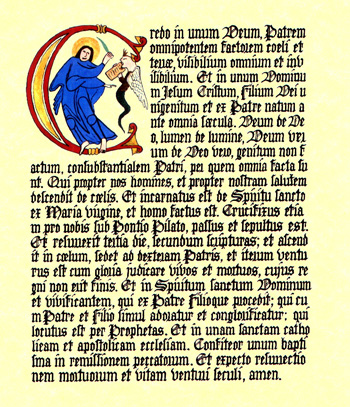Arius and Athanasius, part 9 – How do the Father and Son share properties? (JT)

In the last two posts, I looked at Athanasius view that the Father begets the Son much like how human fathers beget human sons. But Athanasius’ view raises some interesting questions.
One of the things Athanasius likes about natural procreation is that sons get their natures from one of their ingredients, namely the substance they get from their fathers. For example, in God’s case, the Father is an ingredient in the Son, and the Son inherits his divine properties from that ingredient. However, the Son is not identical to the Father, and it’s not clear to me how the Son is supposed to ‘inherit’ properties from something he’s not identical to.
Read More »Arius and Athanasius, part 9 – How do the Father and Son share properties? (JT)
